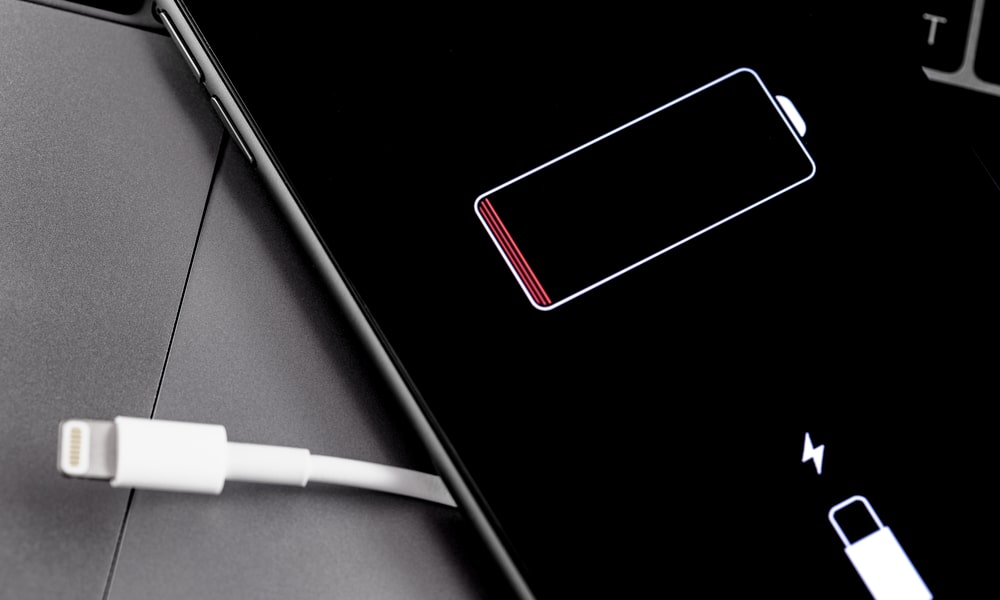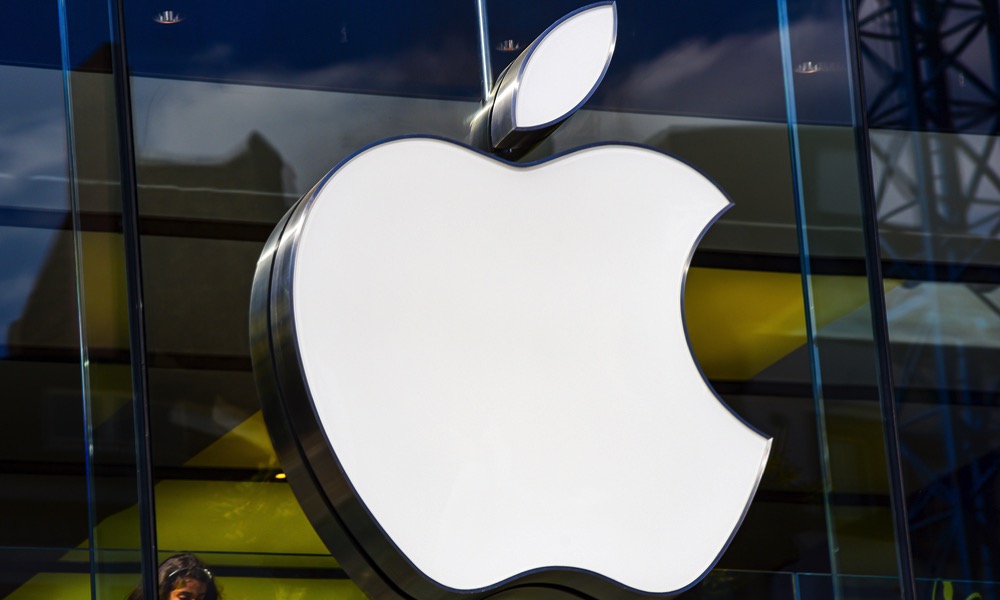Apple Will Have to Face the Music in UK ‘Batterygate’ Lawsuit
 Credit: Primakov / Shutterstock
Credit: Primakov / ShutterstockToggle Dark Mode
Unfortunately for Apple (and maybe fortunately for some of you), it seems a UK class-action lawsuit on one of Apple’s most controversial issues from a few years back is still standing after a judge denied Apple’s request to throw it out.
If you’re living in the UK, this suit might benefit you once the dust settles. Here’s everything you need to know.
What’s the Lawsuit Against Apple All About?
In 2022, Justin Gutmann filed a lawsuit against Apple on behalf of nearly 25 million iPhone users in the UK.
This suit claims that Apple allegedly used bad batteries on the iPhone 6, iPhone 6 Plus, iPhone 6S, iPhone 6S Plus, iPhone SE, iPhone 7, and iPhone 7 Plus, causing battery problems even for those who had new iPhones.
Moreover, the lawsuit also says that Apple intentionally delivered software updates that hid these batteries and “throttled” iPhones. This alleged behavior ended up, according to Gutmann, causing damages of up to $2 billion.
So Gutmann, representing other UK iPhone users affected by this issue, wants Apple to pay up to 1.6 billion pounds (approximately $2 billion USD), plus interest, to the people who were affected by this issue.
Apple Filed to End This Suit
As you can expect, having to pay almost $2 billion to iPhone users isn’t part of Apple’s plan, so the company filed a request with the UK Competition Appeal Tribunal (CAT) to end the lawsuit.
Unfortunately for the company, the CAT ruled that the lawsuit may still proceed. However, in its decision, the three-person tribunal also said that the lawsuit as it currently stands has a “lack of clarity and specificity” that will need to be resolved before the case can fully proceed.
However, the members of the tribunal recognized that there is “an inequality in information at this stage of proceedings” since the plaintiff (“Proposed Class Representative” or “PCR”) doesn’t yet have full access (“disclosure”) to all of the information necessary to plead their case. The tribunal has cleared the case to go to a first trial so that such disclosure can occur and the PCR can “refine and narrow” the case, after which it will “actively review whether certification continues to be appropriate” before clearing it to continue to a second trial.
“Once disclosure has been reviewed, we expect the PCR to refine and narrow his pleaded case. Insofar as he is maintaining aspects of his case, he will be required to provide further particulars in relation to abuse and causation. In the context of those further particulars, we shall actively review whether certification continues to be appropriate.”
What Apple Says About All This
As you can expect, Apple says the claims in the lawsuit aren’t true. An Apple spokesperson made the following statement to Reuters:
We have never – and would never – do anything to intentionally shorten the life of any Apple product or degrade the user experience to drive customer upgrades.Apple spokesperson
So even if the lawsuit goes to trial, the Cupertino company isn’t about to go down without a fight.
The Apple Lawsuit Will Continue
This is one of Apple’s biggest lawsuits yet, but we’ll have to wait and see if the case actually goes to a final trial. Nothing is clear yet, but this might set a precedent that will force Apple and other big tech companies to provide better service for all of its devices — or at least clearer communication with its customers — which in the longer run would be beneficial for all of us.







